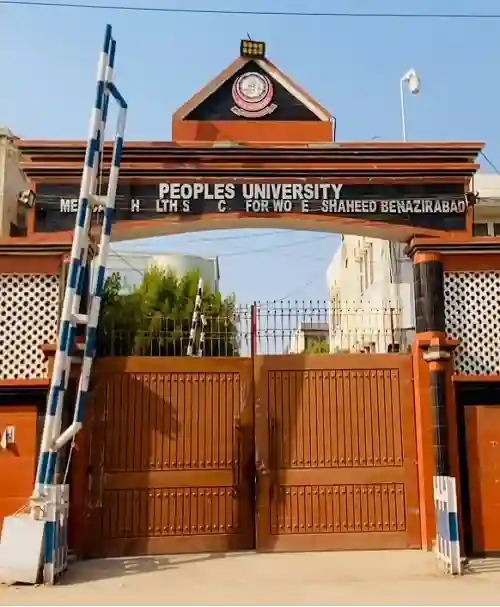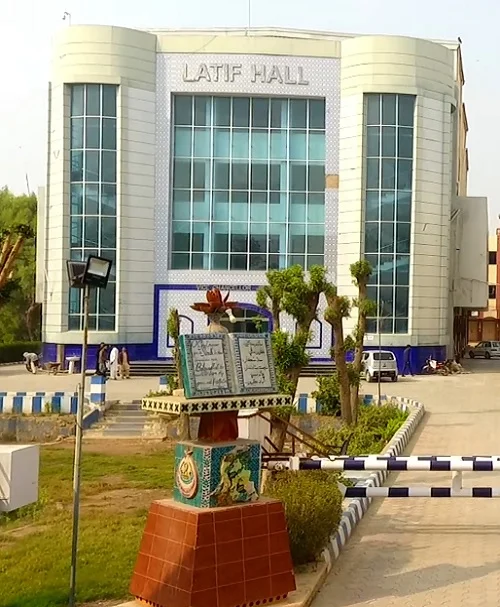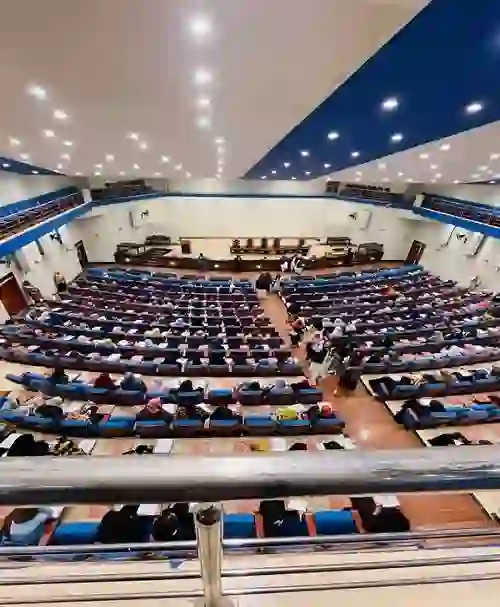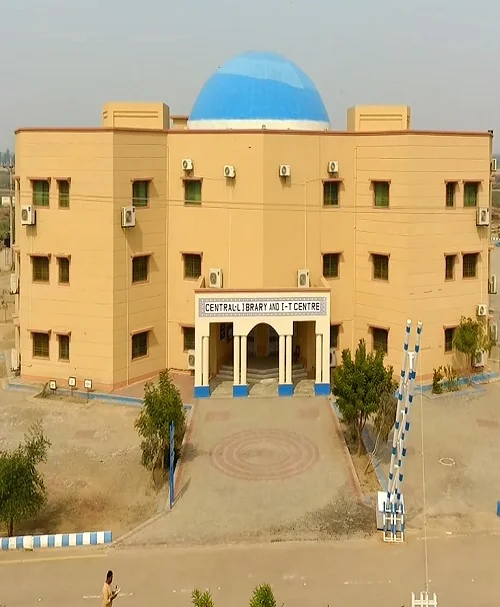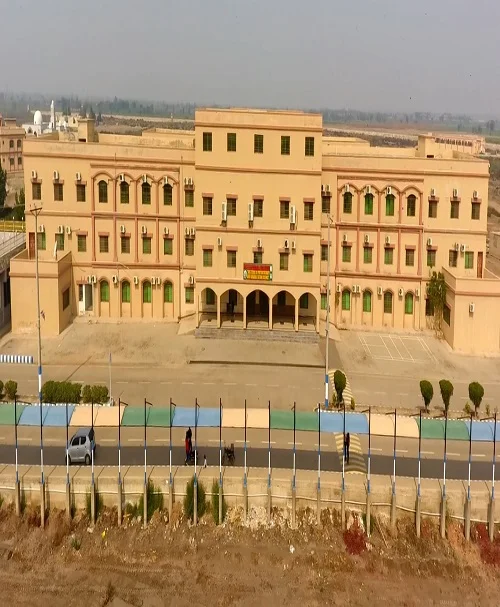Facilities
Gymnasium Facility
Our state-of-the-art gymnasium is equipped with modern fitness equipment and offers a welcoming environment for students to maintain their physical well-being.
It provides space for individual workouts and group fitness sessions, catering to all fitness levels.
Certified trainers are available to guide students in achieving their fitness goals.
Sports Complex
The Sports Complex features a variety of indoor and outdoor facilities, including courts and fields for different sports.
It serves as a hub for inter-university competitions, recreational games, and sports training.
Students are encouraged to participate in activities that promote teamwork and physical health.
Student Support Offices
Student Support Offices provide personalized guidance on academic, personal, and professional challenges.
They serve as a resource for students seeking advice, conflict resolution, or mental health support.
The offices ensure a safe and supportive environment for all students.
Souvenir Shop
The Souvenir Shop offers a wide range of university-branded merchandise and memorabilia.
It is a convenient place for students to purchase gifts, stationery, and apparel showcasing school pride.
Proceeds from the shop support student activities and campus improvements.
Our state-of-the-art gymnasium is equipped with modern fitness equipment and offers a welcoming environment for students to maintain their physical well-being.
It provides space for individual workouts and group fitness sessions, catering to all fitness levels.
Certified trainers are available to guide students in achieving their fitness goals.
Sports Complex
The Sports Complex features a variety of indoor and outdoor facilities, including courts and fields for different sports.
It serves as a hub for inter-university competitions, recreational games, and sports training.
Students are encouraged to participate in activities that promote teamwork and physical health.
Student Support Offices
Student Support Offices provide personalized guidance on academic, personal, and professional challenges.
They serve as a resource for students seeking advice, conflict resolution, or mental health support.
The offices ensure a safe and supportive environment for all students.
Souvenir Shop
The Souvenir Shop offers a wide range of university-branded merchandise and memorabilia.
It is a convenient place for students to purchase gifts, stationery, and apparel showcasing school pride.
Proceeds from the shop support student activities and campus improvements.


